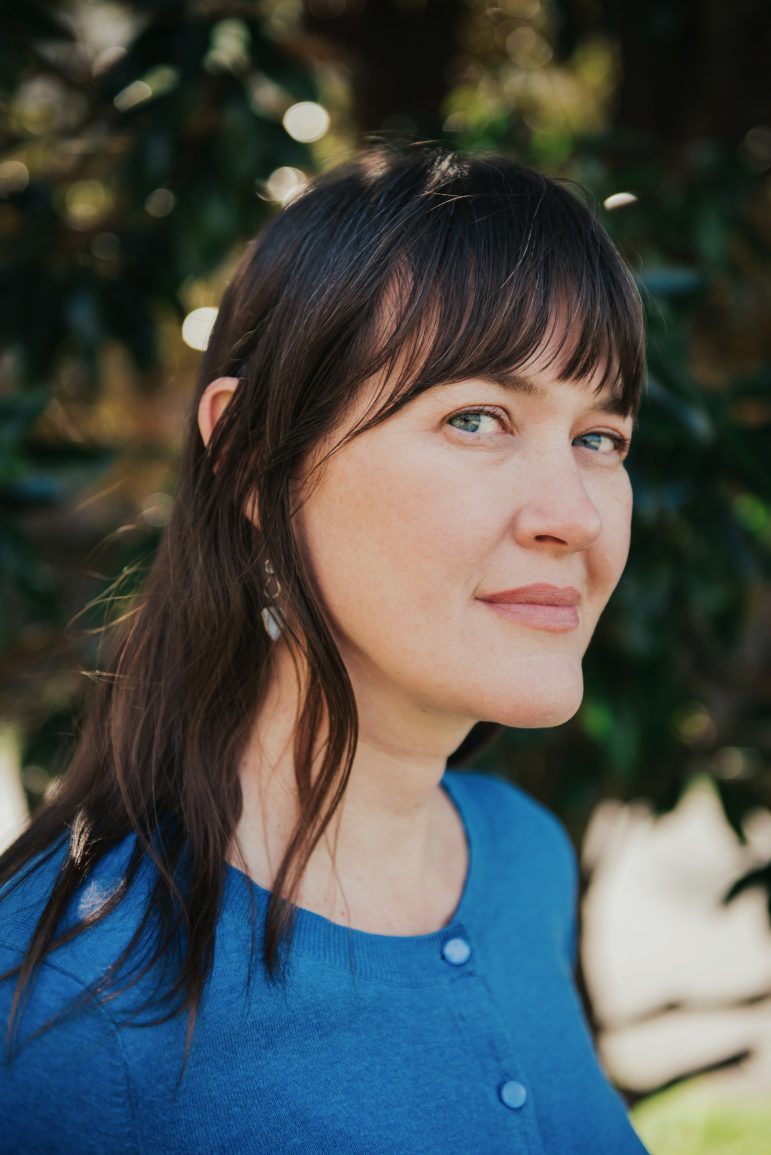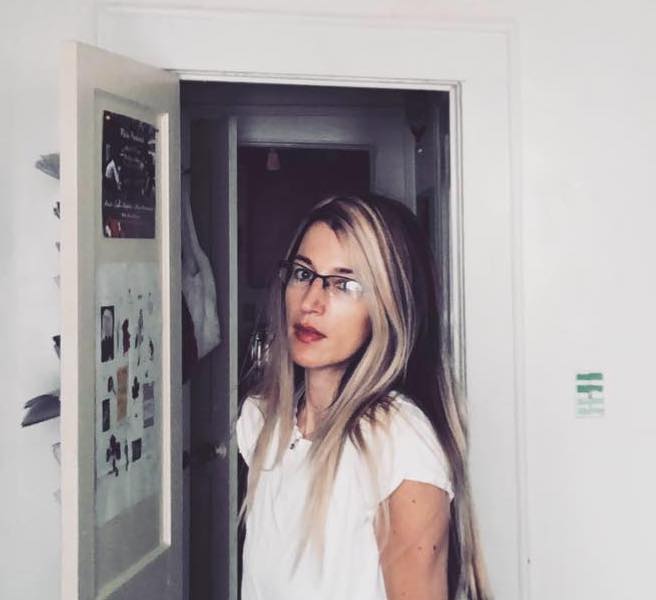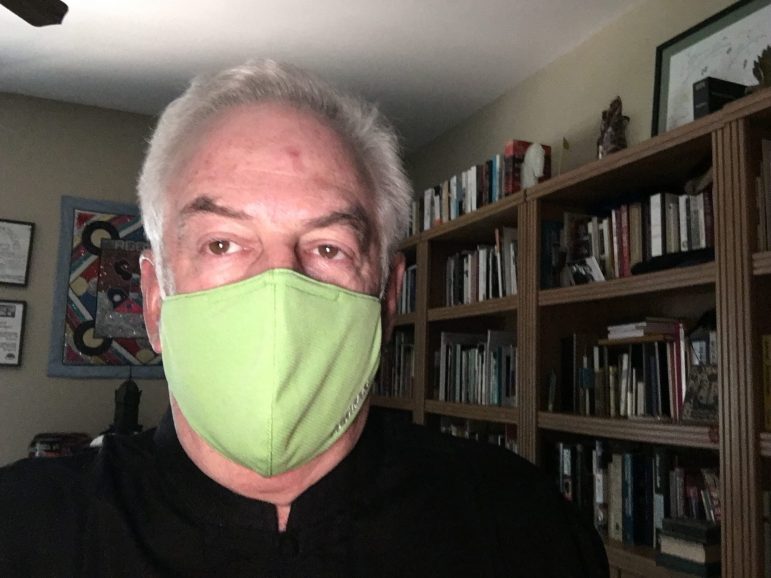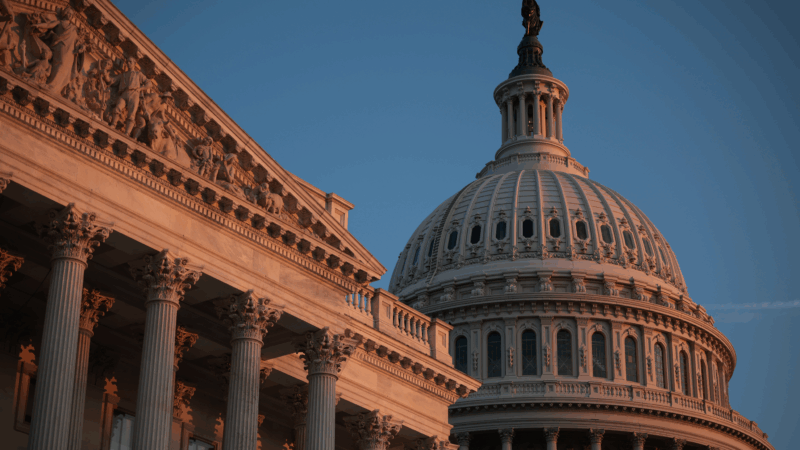Poets Reflect On Six Months Of Pandemic
Sunday marked six months since confirmation of the first case of COVID-19 in Alabama. It is overwhelming to think about all that has changed since then, but several Alabama poets have been have been making sense of the pandemic through their art.
Tina Mozelle Braziel

While some people have started new hobbies, Tina Mozelle Braziel stumbled onto an usual one while walking her dog outside her Blount County home back in the spring. She found a puddle with tadpoles and at first she used a watering can to keep the puddle from drying out. Later, she took them home.
“I’ve been raising tadpoles ever since,” Braziel said.
It is a commitment to change the water and feed them every day. Before going to bed, she would checked in on the tadpoles, partly to make sure they did not overrun the deck where she kept them, but also to make sure they were ok. It is an act of caring, a bit reminiscent of healthcare workers tending to the sick.
Braziel also took note of the drumbeat of numbers. Case counts. Deaths. We seem to have become numb to them. Numbers play a role her poem “Drawl and Hum.”
The pandemic is enormous, touching practically everything, yet Braziel says it brings people together in a rare shared experience, even if we are supposed to stay six feet apart.
Alina Stefanescu

Birmingham poet Alina Stefanescu felt she had to write about the pandemic because the virus came crashing down on her routine. She lost the quiet to craft words with her three kids and husband at home.
“We’re all in this house together and I’m a restless person,” Stefanescu said. “I love to travel. I love to move.”
The house became a cage in a sense, something to escape from. That idea comes through in her poem “Aubade with Caged Animals.” An aubade is a love poem, in this case directed to her husband.
Stefanescu started the pandemic expressing more anxiety and dread. But somehow the focus needed to trudge through the swamp of day-to-day life right now keeps her in the present. It became an antidote to those bigger feelings.
“I look for the small joys and I sort of pull myself out with that,” Stefanescu said. “I chase more butterflies that I would when my life had order.”
W. Roger Carlisle
One Birmingham writers group has already published a collection of pandemic-themed poetry. The men of the Highland Avenue Eaters of Words released “The Social Distance: Poetry in Response to COVID-19” this summer.
“We sort of had a mission as poets to help society grapple with the change,” said poet Roger Carlisle. “We all felt a need to do our part.”
One of Carlisle’s contribution to the anthology is a poem called “Remembering Papi in the Time of COVID 19.” In the early days of the pandemic, he was struck by video of piles of coffins in northern Italy. Doctors realized that the virus was spreading through hospitals, so family could not visit people dying within those walls. Carlisle took that idea and merged it with his own memories of being six years old when his grandfather died. He remembers feelings confused, disconnected and scared.
Carlisle, a “semi-retired physician”, found himself conflicted between his oath to help others and his own fears of contracting the virus and dying. But as the weeks passed and the U.S. largely escaped what Italy experienced, there is less terror.
“My current poems are more about some hope for the future and where we’re going to go,” Carlisle said.
Hank Lazer

Tuscaloosa poet Hank Lazer has also published a collection of pandemic poetry. The Buddhist influence is clear from the title, “COVID-19 Sutras.” Lazer described this time as one of great beauty and terrible peril.
“[The] difficulty is seeing and feeling that, keeping it in balance, and taking care of one’s self and being a part of this moment and this world,” Lazer said.
For Lazer, it is not just about the pandemic. He says there are two viruses: COVID-19 and systemic racism, the second laid bare by the police killing of George Floyd in Minnesota in May. Those ideas intertwine through his book.
Lazer said poetry is often thought of as being internally focused and centered around the writer’s feelings. But if a poem can be connected to the world around us, its brief lines can offer healing. That comfort will be needed beyond these first six months.
Team USA faces tough Canadian squad in Olympic gold medal hockey game
In the first Olympics with stars of the NHL competing in over a decade, a talent-packed Team USA faces a tough test against Canada.
PHOTOS: Your car has a lot to say about who you are
Photographer Martin Roemer visited 22 countries — from the U.S. to Senegal to India — to show how our identities are connected to our mode of transportation.
Looking for life purpose? Start with building social ties
Research shows that having a sense of purpose can lower stress levels and boost our mental health. Finding meaning may not have to be an ambitious project.
Sunday Puzzle: TransformeR
NPR's Ayesha Rascoe plays the puzzle with listener Joan Suits and Weekend Edition Puzzlemaster Will Shortz.
Danish military evacuates US submariner who needed urgent medical care off Greenland
Denmark's military says its arctic command forces evacuated a crew member of a U.S. submarine off the coast of Greenland for urgent medical treatment.
Only a fraction of House seats are competitive. Redistricting is driving that lower
Primary voters in a small number of districts play an outsized role in deciding who wins Congress. The Trump-initiated mid-decade redistricting is driving that number of competitive seats even lower.





